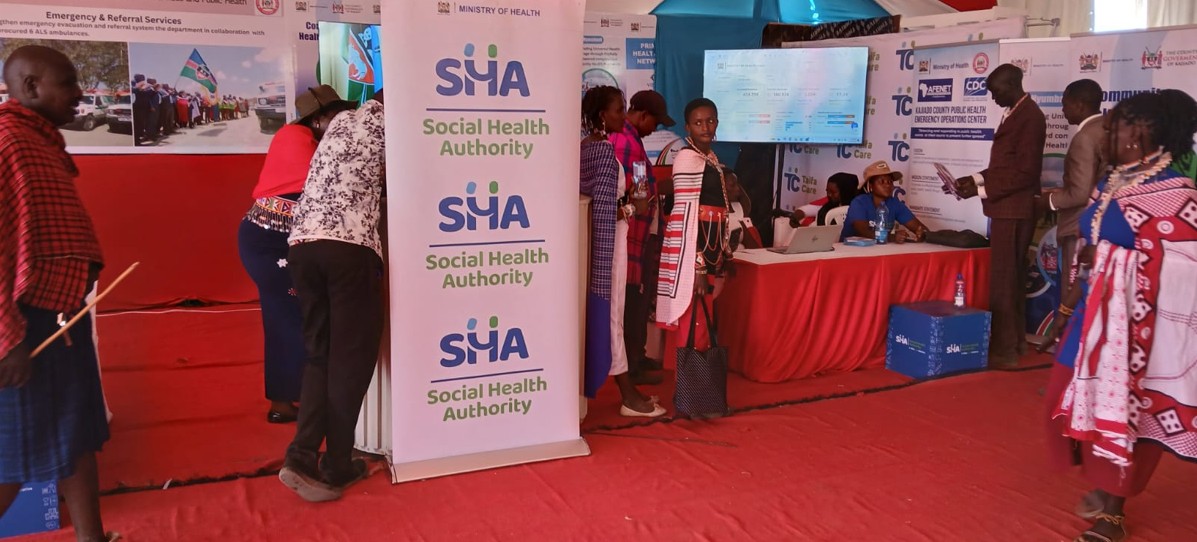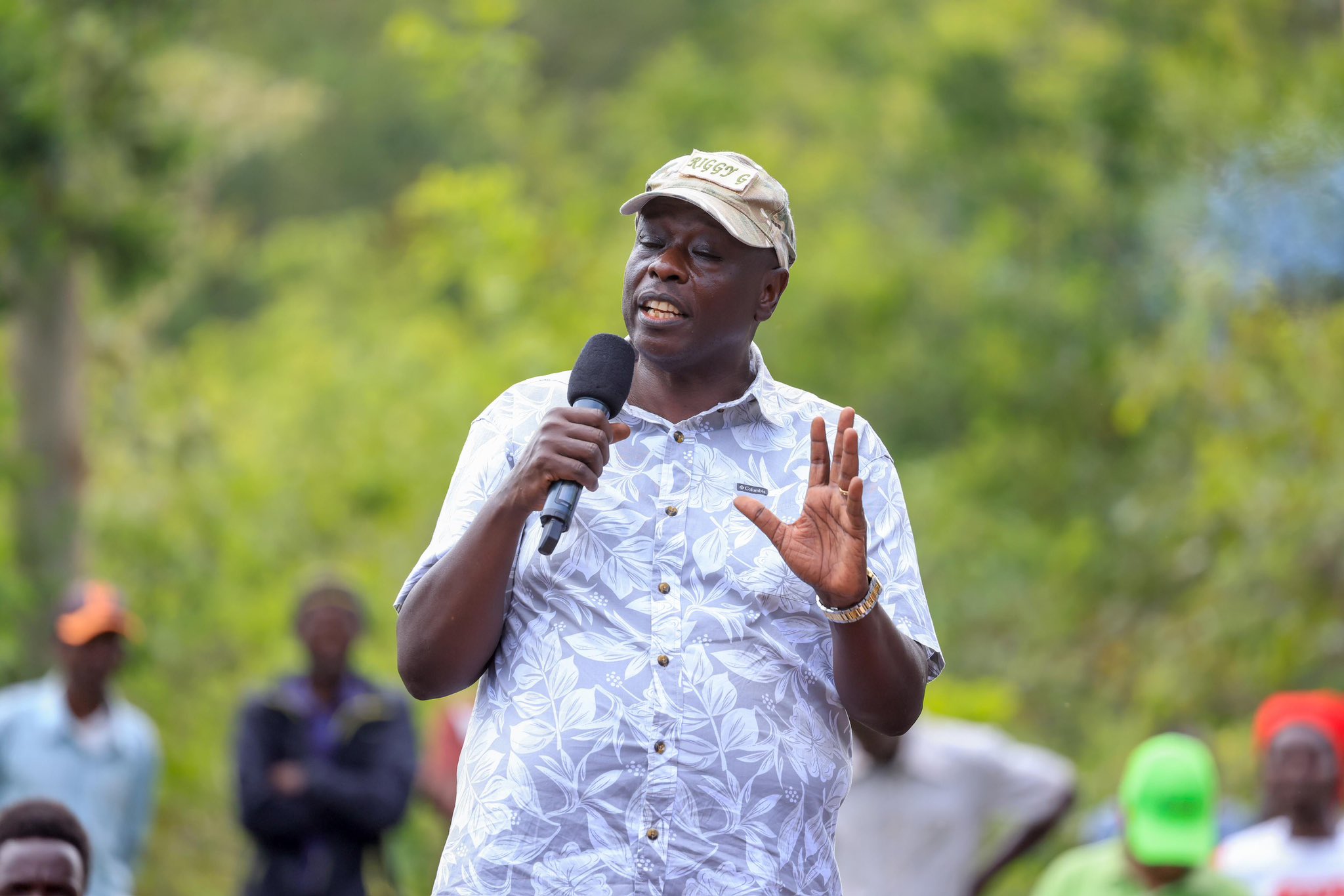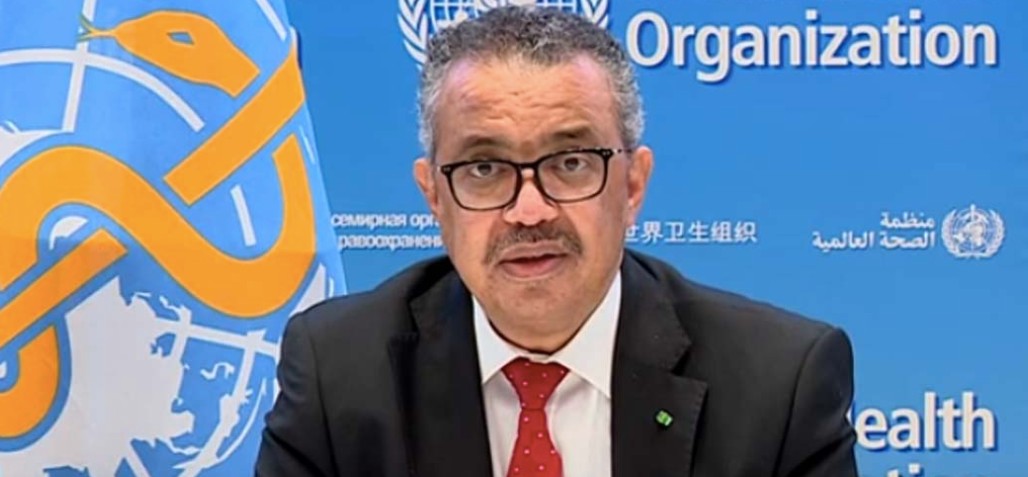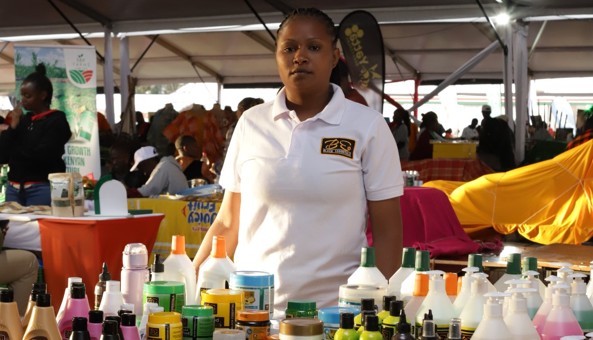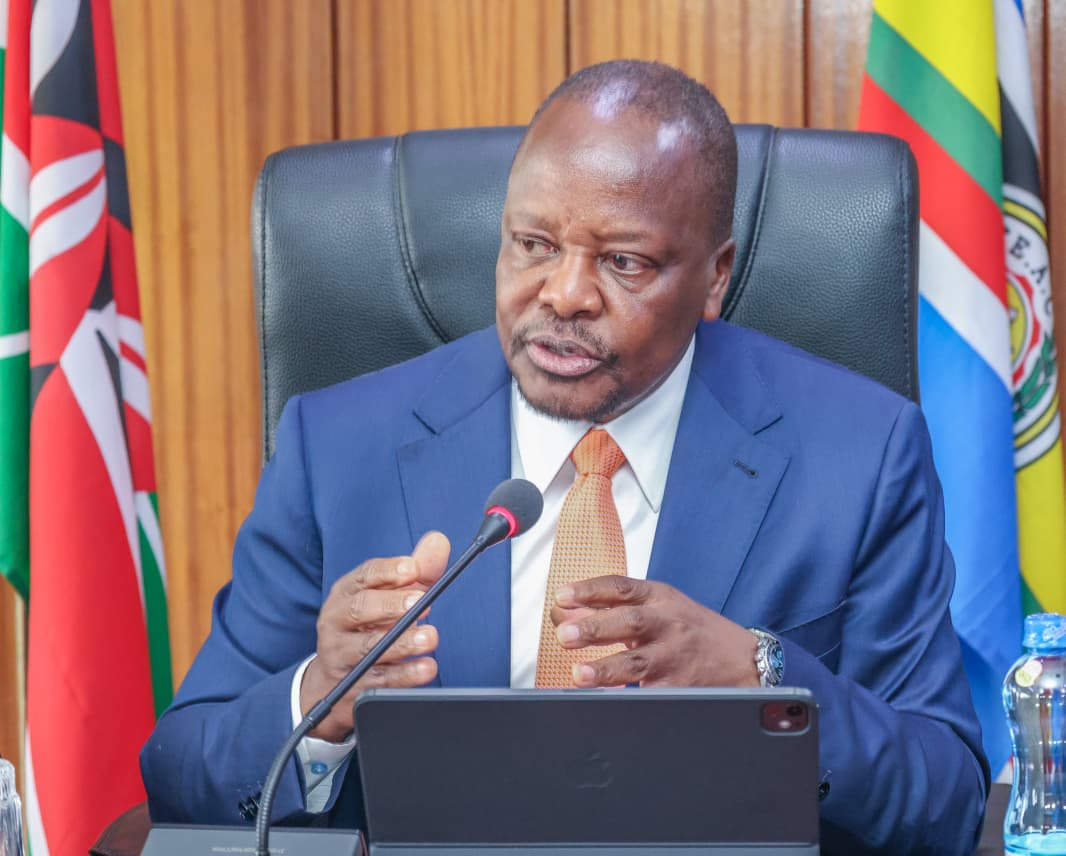Ethiopia sets June 1, 2026, for general election amid credibility concerns
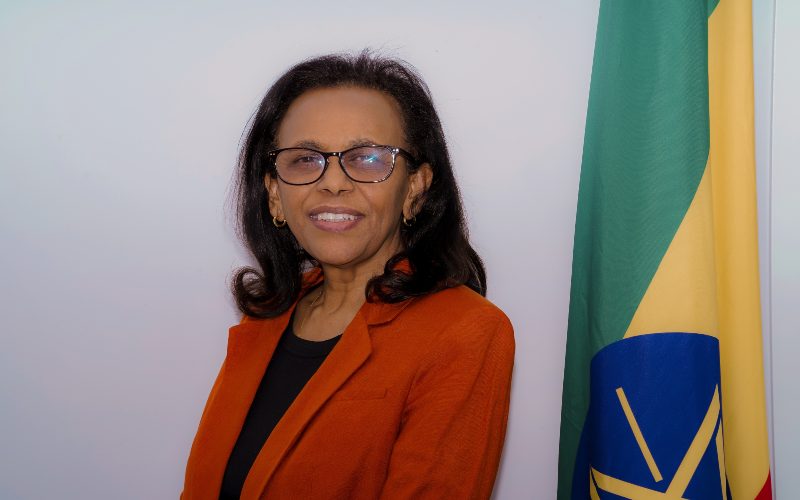
The upcoming 7th General Election is expected to test Ethiopia’s political transition and institutional readiness, with peace and security concerns remaining in major regions.
Ethiopia’s 7th general election has been scheduled for June 1, 2026, amid concerns over security and shrinking political space, with opposition parties warning that current conditions may make a credible vote impossible.
In its draft timetable, the National Election Board of Ethiopia (NEBE) said pre-election activities are set to start on October 30, 2025, while emphasising that the schedule could be adjusted after further discussions with political parties.
More To Read
The proposed date was unveiled during a consultative meeting held on October 20, 2025, between NEBE and leaders of registered political parties.
NEBE Chairperson Melatwork Hailu said the discussions aimed to integrate the perspectives of political parties to “promote transparency, fairness and credibility” in the electoral process and reach a common understanding with all stakeholders.
Party representatives also praised NEBE’s preparatory work but raised concerns over the country’s security situation and limited political space. They also highlighted difficulties related to the requirement for candidate endorsement signatures.
Hailu reiterated that NEBE, mandated to conduct general elections every five years, would continue consultations with political parties in the presence of relevant government stakeholders. She urged parties to actively participate in voter education and other initiatives supporting a free and fair election.
NEBE further said it is undertaking several key initiatives, including opening additional regional offices, digitally mapping polling stations using XY coordinates, developing a technology-based voter and candidate registration system and recruiting field trainers.
Despite the measures, opposition leaders expressed serious doubts about holding credible elections under current conditions. Professor Merera Gudina, Chairperson of the Oromo Federalist Congress (OFC), told Addis Standard that “the conditions necessary for a fair, free and credible election simply do not exist.”
“For elections to be fair, free and credible, two basic conditions must be fulfilled: a political space that allows a level playing field for competing parties, and the necessary security for them to campaign peacefully. Under the existing situation, both are non-existent across the country,” he said.
Gudina noted that five years ago, the OFC had 206 offices across Oromia, but now maintains only three: in Finfinne, Ambo and Assela.
“The fortune of all genuine opposition parties is no better. In the three major regions, Oromia, Amhara and Tigray, there is no security to field candidates, conduct campaigns or protect ballot boxes. These regions constitute about 70 per cent of the country’s population,” he said.
“Even if the government promises to provide security, the OLA, Fano and Tigraian forces must agree. Otherwise, you cannot campaign even in Sululta or Sebeta.”
He also highlighted that under current conditions, deploying both national and international observers, essential for credible elections, would be impossible.
“In a nutshell, the existing Ethiopian condition favours bullets more than ballots. Unless the government wants to play yet another joke in the name of elections, both security and political space are sine qua non for anything that resembles elections,” Merera said.
Earlier in June, the Caucus of Ethiopian Opposition Parties, a coalition of six opposition groups including OFC, expressed strong objections to the election timetable, arguing that “no conducive conditions” exist for NEBE to conduct the 7th national election.
In a statement issued on June 9, the Caucus accused NEBE of “partisanship” and “subservience to the ruling party,” noting that the Board was moving ahead while “on the verge of replacing three (60 per cent) of its existing leadership.”
However, President Taye Atske Selassie told legislators on October 6 that Ethiopia will hold the national election during the current fiscal year (June-July 2026). His announcement came during a 40-minute address outlining the government’s annual plan at the joint opening session of the 6th year term of the House of People’s Representatives and the 5th year term of the House of Federation, attended by 511 members of both Houses.
Ethiopia’s last general election in 2021 was conducted amid the Tigray war and widespread insecurity in parts of Oromia and Benishangul-Gumuz, which prevented voting in several constituencies. While the ruling Prosperity Party won an overwhelming majority, opposition groups and observers criticised the poll for lacking inclusivity, citing arrests of candidates, restricted political space and limited media access.
The upcoming 7th General Election is expected to test Ethiopia’s political transition and institutional readiness, with peace and security concerns remaining in major regions.
In July 2025, the House of People’s Representatives approved amendments to the Ethiopian Electoral, Political Parties Registration and Electoral Code of Conduct Proclamation, tabled by NEBE.
The amendments added 26 new articles, including a mandatory digital identification requirement for candidates, a move criticised by opposition parties.
On October 21, 2025, NEBE launched a mock debate among political parties to enhance debating skills ahead of the general election.
“This mock debate will position you to present your programs and policies effectively in the upcoming mainstream media debates that the Board will organise,” Chairperson Hailu said.
The debate, running from October 21 to 24, follows training sessions designed to strengthen parties’ debating capacity. NEBE prepared 16 topics for the debates, with two to four parties engaging per session.
At the end, the remaining parties cast secret votes to select winners. The Board noted that similar trainings had been conducted last year to improve political parties’ participation in Ethiopia’s democratic development.
Top Stories Today





